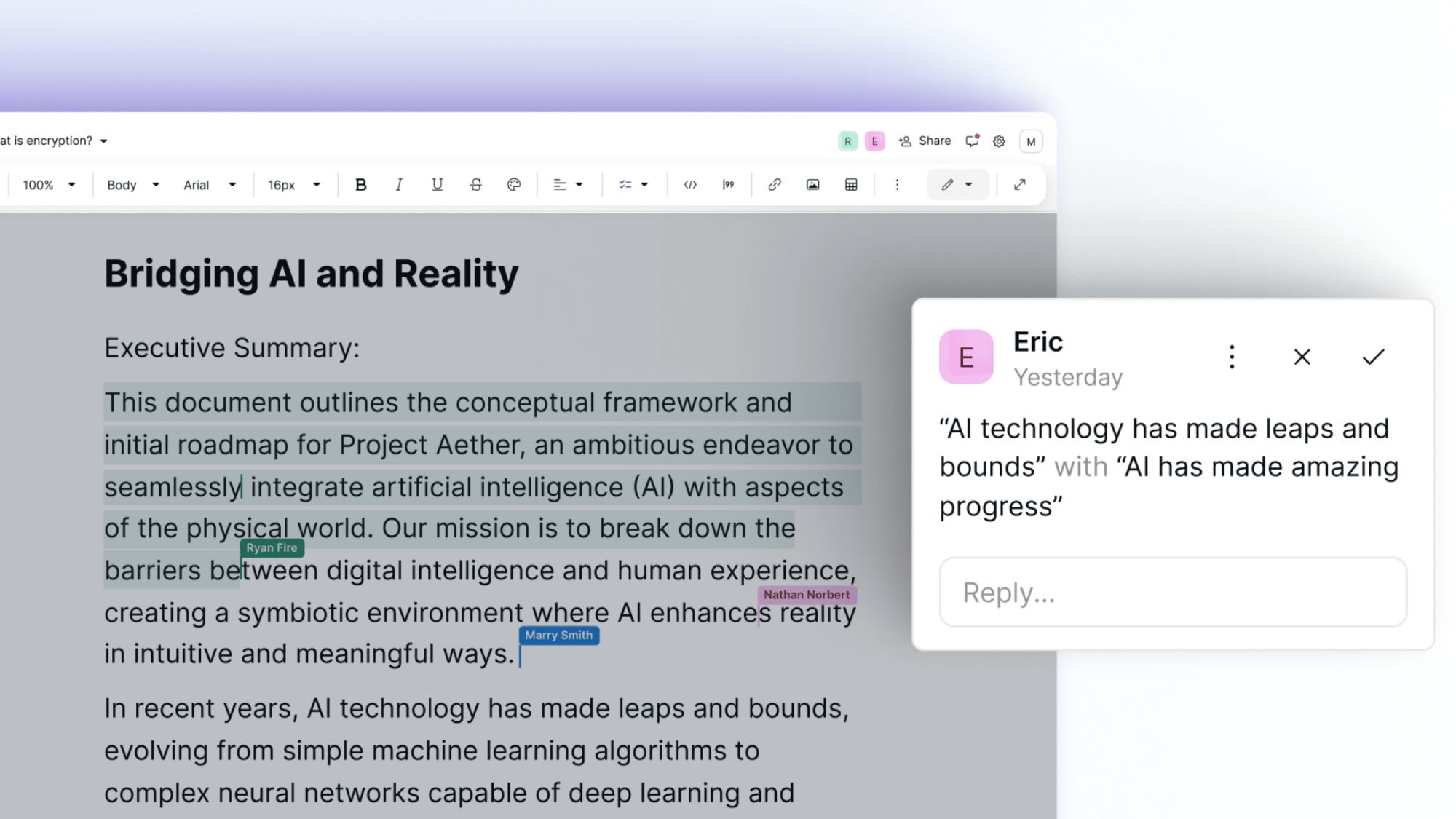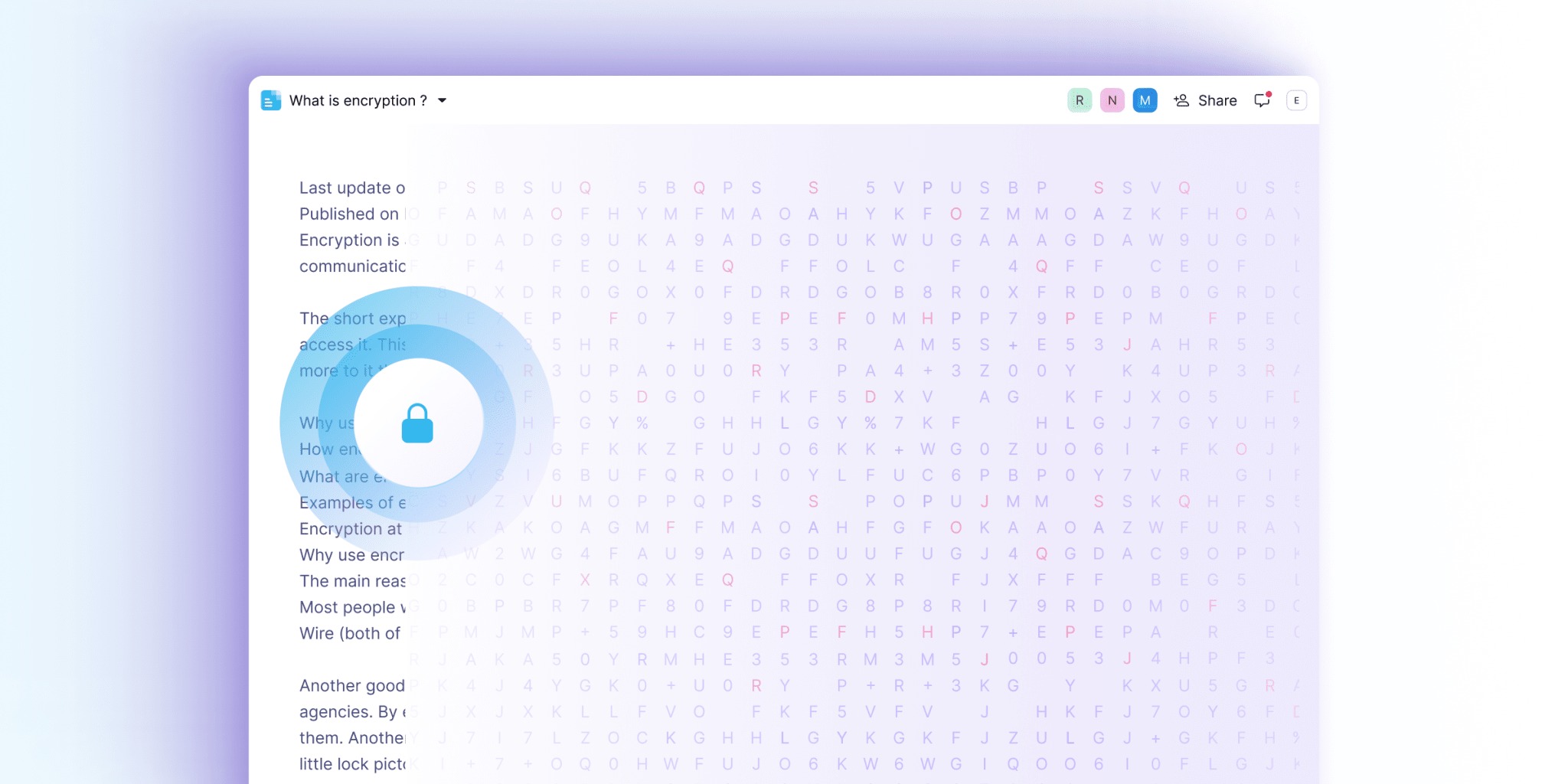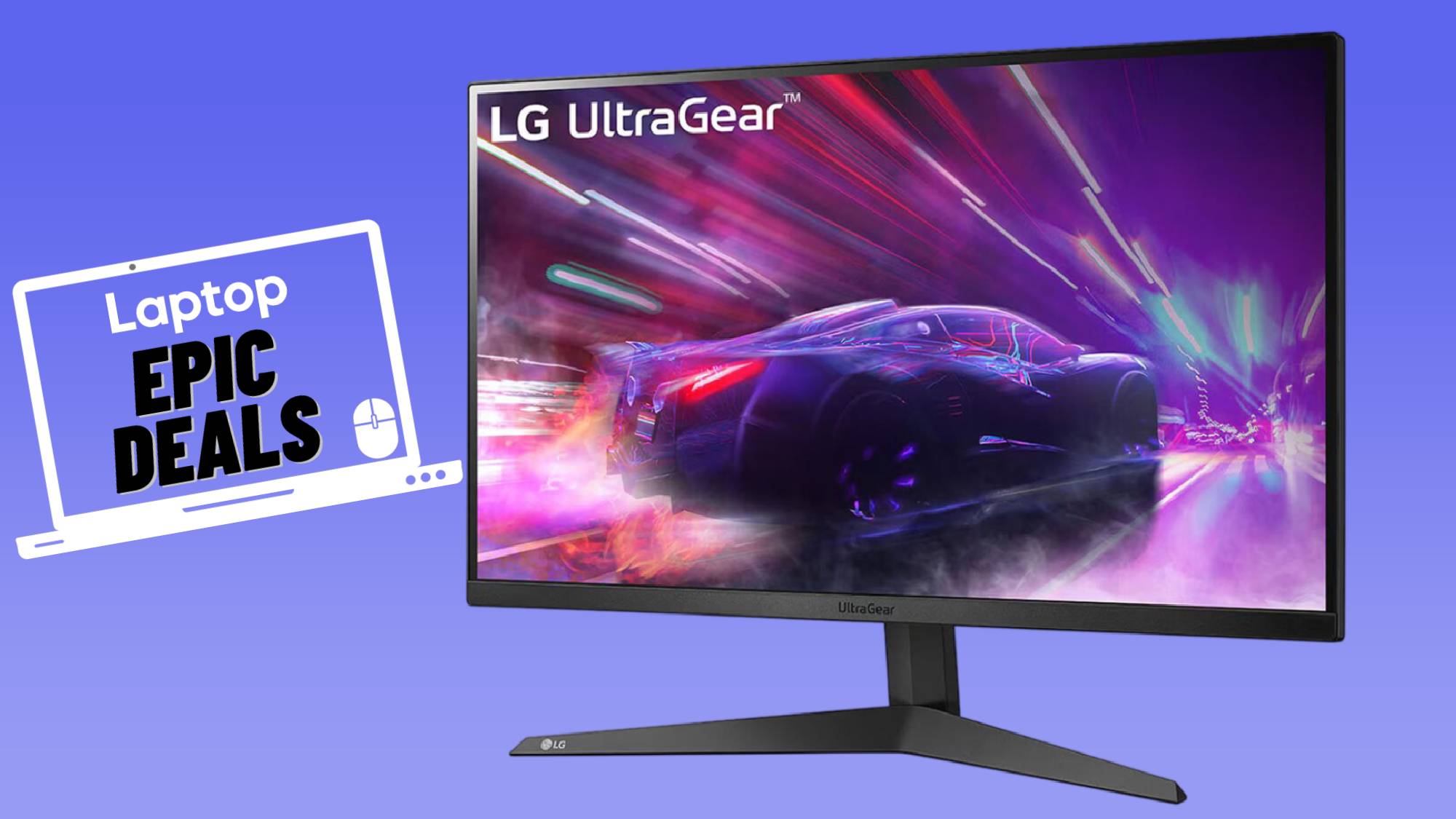What is Proton Docs? Why you might want to give the privacy-focused Google competitor a chance
The first "privacy-first document editor" is here

If Google Docs isn't privacy-focused enough for you, you might want to try the newly debuted Proton Docs instead.
On Wednesday, Proton — the Geneva-based tech company best known for its Proton Mail email service — launched a new product that aligns with its belief "that a better world begins with privacy."
Enter Proton Docs.
Put simply, Proton Docs (or Docs in Proton Drive) offers end-to-end encryption for shared online documents for anyone with a free Proton Drive account. In title and function, it's very similar to Google Docs but much more private and secure.
Proton's Head of Communications, Edward Shone, wrote on LinkedIn, "The release of Docs in Proton Drive is a monumental step forward" in the company's journey to "protect more facets of our users' lives."
This journey has been in the works for years. In a 2018 interview, Proton's co-founder and CEO, Andy Yen, said encrypted docs, spreadsheets, and slideshow presentations were in the works. Yen said, "We want you to be able to completely de-Google-fy your life."
But why, exactly? You might think, "What's so bad about using Google services?" And the answer may surprise you.
Stay in the know with Laptop Mag
Get our in-depth reviews, helpful tips, great deals, and the biggest news stories delivered to your inbox.
Who, or what, is Proton Docs made for?
Feature-wise, Proton Docs feels very similar to Google Docs. It offers rich text options, real-time collaboration with friends or coworkers, the ability to comment, multiple supported formats, and multimedia support.
But here's the big difference: When using Docs in Proton Drive, everything is end-to-end encrypted, "even keystrokes and cursor movements."
And when your documents are encrypted, which could include private diary entries, plans for next summer's garden, or sensitive business information, big tech companies aren't able to track, collect, and profit from your private information.

In Proton's blog post, Proton Product Lead Anant Vijay writes that "there is a growing concern about Big Tech platforms having access to your content, tracking you across the web, and collecting data to train privacy-invading AI models."
For that reason, Proton Docs is made for everyone, not just those working with sensitive information.
Look at this eerie privacy disclaimer for Google Gemini. Google warns users not to enter "confidential information" or "any data you wouldn't want a reviewer to see or Google to use."
Proton doesn't aim to offer more full-featured products and services than Google. Instead, the company aims to provide what Google does but with a clear privacy-first focus. In a world where your data is being collected at every possible moment, Proton Docs is a refreshing new service.

Sarah Chaney is a freelance tech writer with five years of experience across multiple outlets, including Mashable, How-To Geek, MakeUseOf, Tom’s Guide, and of course, Laptop Mag. She loves reviewing the latest gadgets, from inventive robot vacuums to new laptops, wearables, and anything PC-related. When she's not writing, she's probably playing a video game, exploring the outdoors, or listening to her current favorite song or album on repeat.










